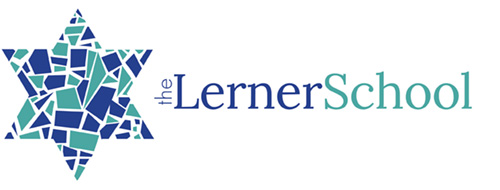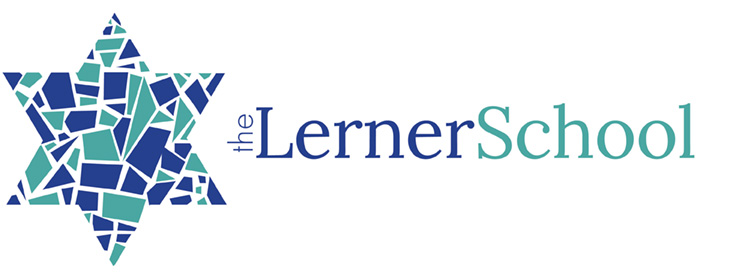The word “emunah” is often translated as faith, but that translation does not quite capture the essence of emunah. Chabbad.org describes emunah as an innate conviction, “a perception of truth that transcends…reason.” Emunah is a way to describe a strong personal relationship with G-d. It does not need to look the same for everyone, as no two relationships are ever identical. And just like a relationship, emunah changes over time; it is dynamic, not static. Emunah can be with us consistently, it can waiver, or it can grow over time. Emunah can also just magically appear when we least expect it and need it the most. Sometimes we find emunah through a confluence of events.
Emunah is mentioned or alluded to in many places in the Torah, beginning in Genesis. In Noah’s story, Noah demonstrates his belief in G-d by building the ark when he is told to. However, even Noah has doubts, as demonstrated when he waits to board the ark until the waters begin to rise. Noah’s qualms do not negate his emunah, but rather it shows that one’s innate conviction can withstand a few misgivings.
But how does this biblical story of emunah apply to us in modern times? To answer this question, I think we need to look inside ourselves. There are moments in our lives that can help us see things a little more clearly or strengthen our faith, but we have to look for them or they pass us by.
About three years ago, my path led me to Jerusalem. I had always wanted to see Israel, and when my youngest child started kindergarten, I saw a flier for a moms’ trip to Israel through the Jewish Women’s Renaissance Project (JWRP). The timing wasn’t exactly right, but I promised myself that I would apply for the next trip. And so, when the time came, I applied and I was chosen to go to Israel with twenty other Jewish mothers from the Boston area.
At that time, I was working at a Jewish day school. I told our community that I was planning this trip and that if anyone wanted me to put a note in the Western Wall for them, to please leave the note in my mailbox. Well, as you can imagine, they took me up on my offer. By the time I got on the plane, I had a large envelope filled with notes from our students and faculty members for me to put into the cracks in the Western Wall. I was well aware that it was a mitzvah to be a messenger for these notes, and I took this duty very seriously. I even made sure that the envelope was in my carry-on so they would not get lost with my luggage.
During the trip, we were scheduled to take several excursions to the Western Wall. The first visit was awe inspiring and very moving, and I was so excited that I forgot to bring the bulging envelope of notes with me. I also learned how tiny the cracks were between the stones! I watched with dread as some of my companions struggled to slip tiny pieces of paper into the cracks. A knot began to grow in my stomach and I started to worry. How on earth was I going to get these notes and prayers into those tiny cracks? I felt foolish for not knowing that I should have asked for the notes to be written on tiny pieces of paper, instead of the large pieces of construction paper some of our kindergarten students had chosen.
When our tour group returned to the Wall a few days later, I was determined to find a way. Our tour leader, Layah, was very knowledgeable and I assured myself that Layah would help me figure out what to do if I could not get the notes in. As we entered through security, I said a silent prayer asking G-d for help and guidance as the knot in my stomach grew tighter. Then, as we approached the women’s section, I saw a large crowd of women at the Wall. It had been less crowded a few days earlier, but now, people were pressed against the Wall three people deep. I could only see the Wall above people’s heads. There was no way to look for a hole large enough, if one even existed. I realized this was really in G-d’s hands. I made up my mind that I was grateful just to be there in Jerusalem and to spend more time at the Wall.
As we walked closer to the crowd, my friend Annette held my hand and pulled me with her through the crowd to get closer to the Wall. We stood behind other women waiting for them to finish their prayers. I could hear the soft humming and whispered words of their prayers as we got closer. We waited patiently behind a group of women whose bodies were pressed against the Wall. To the left of us one of them pulled slowly away from the Wall, and Annette pulled my hand toward the newly vacant spot. I pressed my hand and cheek against the wall with my eyes closed and said silent prayers of gratitude and asked for guidance.
Then I opened my eyes and looked down. To my surprise, I saw a hole in the wall about the size of my fist three feet from the ground. The hole was big enough for a few notes, I thought, so I started pulling a few notes out of the large envelope, folding them tightly and pushed them in as I silently prayed that they would fit. And they did. I pulled out and folded a few more… and pushed… Every time I thought I had reached the capacity of the hole, they would push farther in, leaving room for a few more notes. Tears of gratitude streamed down my face as I pushed the final few notes into that small hole in the Wall. I pressed my cheek and hands against the wall and cried tears of gratitude and joy.
There are many things that I do not know, but I have a deep inner sense that what happened that day in Jerusalem was something that I will never forget. When I have doubts about my abilities or my purpose in life, thinking about that very special moment brings me back to emunah. May the coming new year bring you peace and enlightenment.
L’shana tova,
Beth Null
Head of School


Comments are closed.